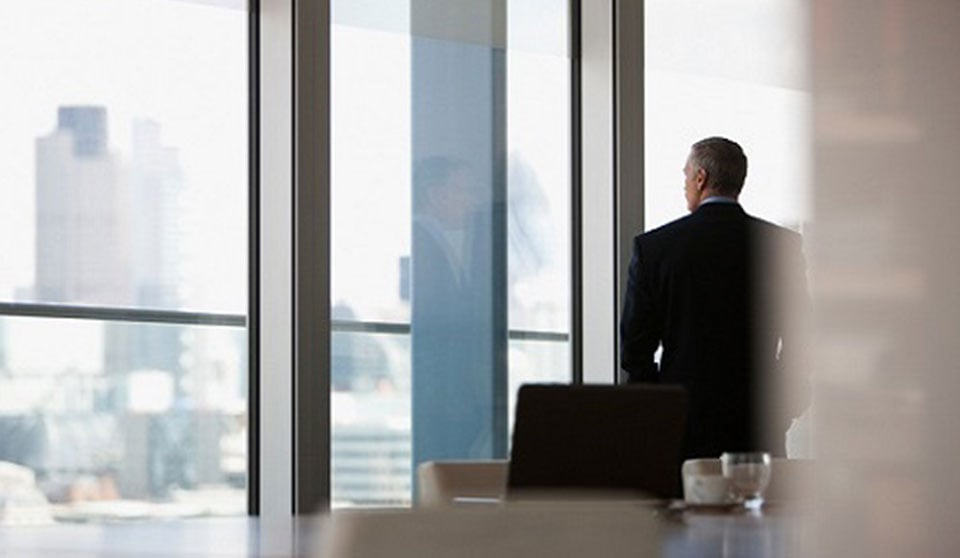
The tech giant's leaders, including VP of environment, health & safety, share their global strategy

Singapore is still in phase two of managing the pandemic. And as we gradually resume more business activities, the Ministry of Health (MOH) shared that many employers have sought guidance on a safe way to get employees back at the workplace.
MOH advised employers to practise caution and to take safe management and safe distancing measures “seriously” due to “increased interactions” at workplaces.
They’ve also urged employers to implement flexible work hours to avoid crowding at peak hours when workers commute.
“It is in the interest of the employers to protect your workers against the risk of COVID-19,” MOH said. “Otherwise, if a cluster is formed at the workplace, it would disrupt business severely.”
Read more: After COVID-19, everyone’s back to the office!
While the number of COVID-19 cases remain manageable in Singapore, is it safe to get workers back on site? HRD got insights from leaders at Dell Technologies.
Eric Goh, vice president & managing director, Singapore at Dell shared that their return-to-site strategy is driven by data and consistent worldwide.
Health and safety come first along with meeting the needs of our team members, our customers, and the broader community,” Goh told HRD.
“Our return to site strategy follows health and hygiene guidance and factors in the future of work post-pandemic. Using data and science, we consider a country’s infection and recovery trends, the availability of free movement, public transportation and the stability of healthcare system supported by country/state.”
He shared that at Dell, data scientists have partnered with their security team and developed the appropriate risk assessment tool to guide the company’s overall strategy. The tool helps ensure that they’re aligned with current health guides when deciding which employees can return to site.
Additionally, their risk assessment model relies on open source data sets from Johns Hopkins University and Medicine’s Coronavirus Resource Center.
Getting into further details, Goh said the model considers factors like total recovered cases, active cases per population, and curve inclination of new cases.
Read more: COVID-19: Can you refuse to return to work?
Global priority: Employee health & safety
On Dell’s site, Mark Pringle, SVP of global facilities & environment, health & safety explained how their return to site strategy remains consistent globally, with localisation done based on input from country leaders.
The crisis management team works with various business units and the country and site leaders to determine some crucial factors, Pringle said.
Pringle also shared advice for leaders managing a safe return to work.
“They should continue to be cautious and conservative,” he said. “Ensure they align with the government regulations. Use data and science to make the best decisions that protect the health and safety of your team members.”
Jen Felch, chief digital officer and CIO also urged employers to consider the human side of things.
“The one piece of advice that I’d have for anyone looking [after] their return to site strategy is to have empathy for the situation employees are in,” Felch said. “Many people have more going on in their lives than they would have imagined.”